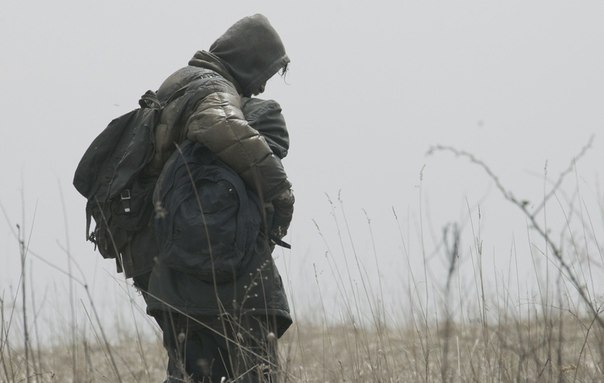Drinking regime and consumption of vitamins at elevated loads

The consumption of vitamins and water at increased loads increases. The lack of them leads to excessive fatigue.
Therefore, with increased nervous and physical exertion, the intake of vitamins and water into the body should be increased.
Onions and garlic can not be consumed in combat operations. In such conditions, the most valuable source of vitamins is ordinary bee honey. A spoonful of honey in the morning and a spoon in the evening will perfectly fill the deficit of vitamins.
It is good to take a Undevit pellet, sold at every pharmacy. It will be better if the body in advance, before specific events, saturate with vitamins, taking 3-4 peas of "Undevita" per day.
During an active search in a mountain or mountain-woodland it is useful to take 1 pea of "Undevita" in the morning and one in the evening.
On the drinking regime should pay special attention. About this, as has shown the practice of recent years, even experienced employees have a vague notion.
To prevent the thirst on the march, it is necessary that the water is retained in the body. With this task can only cope with salt. Therefore, to keep water in the morning you must eat something salty [suited soup on a salt broth cubes].
In the morning you have to drink plenty of water. In the afternoon, do not drink anything! It will be very unpleasant, but not deadly. If it becomes completely unbearable, rinse your mouth with water from a jar, do not swallow water, but spit it out. This is done both in the hot desert and in the ascent in the mountains.
If a person in the desert or on a mountain pass begins to drink, he immediately begins to sweat. Together with sweat, salt leaves the body. As a result, water is withdrawn even more intensively, which leads to debilitating perspiration and causes even more thirst. It turns out a vicious circle - the more a person drinks, the more he wants it.
In addition, that indiscriminate intake of water during the day's running does not quench your thirst, but increases sweating, which leads to the elution of vital salts from the body, which adversely affects the heart, causing it to empty the excess volume of liquid. Therefore, you must endure until the evening - on the evening bivouac you can drink in plenty. In the morning and in the evening you can drink also because during these hours the load on the heart is the least.
The thirst for the march is well satisfied with all the same mint or sweet and sour candies, dried apricots and prunes. Slow resorption of these products increases salivation and prevents dry mouth.
If a particular march or climb uphill is not done in a diaphoretic, but in a calm regime, you can spill 2-3 drops from the jar from time to time, but not often, but the water should be slightly salted.
Salt should be consumed about 15 g per day, given that the bouillon cubes are 80% composed of salt. The physiological norm of salt on a heavy march is 20-25 g per day.
It must be remembered that melt water and water in mountain streams do not contain salts necessary for the body. Therefore, the water extracted in nature must be poured.
Consuming snow in kind in the form or sucking the ice is forbidden - it does not quench thirst, but the cold is guaranteed. Eating snow as such causes a very unpleasant phenomenon - the so-called "arctic thirst".
If you have to eat snow, do not eat it in a natural loose state. This leads to dehydration of the body. Snow should be rolled in the form of a "sausage" and eat carefully, very slowly and gradually.
Drink water in very small sips. If the water from the glacial streams has a whitish shade, it must be defended and then drained.
Attention! Drinking water does not immediately eliminate thirst! Water should pass through the esophagus, stomach, get into the intestine and only there to begin to be absorbed and enter the blood. All this takes 10-15 minutes. Therefore, before reaching the water, drink a little at first and often.
With operational search and other operational and combat measures, the food with hot food is obtained two-time according to the principle: breakfast and lunch.
Haste leads to a decrease in vigilance and caution.
Dullness reduces the level of operational observation.
All this leads to ambush and other troubles ...


Comments
When commenting on, remember that the content and tone of your message can hurt the feelings of real people, show respect and tolerance to your interlocutors even if you do not share their opinion, your behavior in the conditions of freedom of expression and anonymity provided by the Internet, changes Not only virtual, but also the real world. All comments are hidden from the index, spam is controlled.